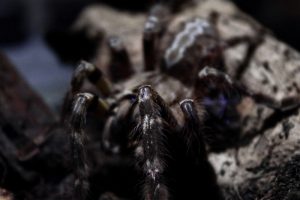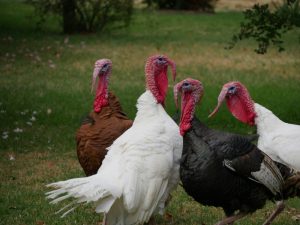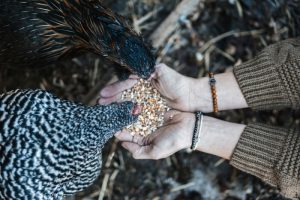- Average Lifespan in the 1500s: How Long Did People Live?
- Life Expectancy in California by Gender
- Life Expectancy in Oklahoma
- Average Lifespan in Kuwait: Life Expectancy Trends for Men and Women
- Average Lifespan in Monaco: Why It’s the Highest in the World
- How Long Do Leopards Live on Average?
- How Long Do Jackson’s Chameleons Live on Average?
- How Long Do Veiled Chameleons Live on Average?
- How Long Do Rex Rabbits Live on Average?
- How Long Do Lions Live on Average?
- How Long Does a Zebra Live on Average?
- How Long Do Cockroach Live?
- How Long Do Kangaroos Live?
- Bull Sharks in Freshwater: How Do They Survive?
- How Long do Crocodile Live?
- How Long do Opossums Live?
- How Long do Yorkie Poos Live?
- How Long do Beavers Live?
- How Long do Dolphins Live?
- How Long do Donkeys Live?
Bananas and Hamsters: Safety, Serving Sizes, and What You Need to Know
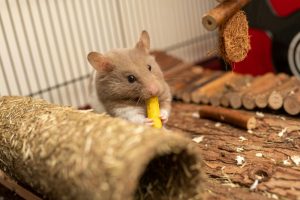
Hamsters are among the most popular pets worldwide, beloved for their playful nature and small size. As a responsible hamster owner, it’s essential to ensure that your furry friend receives a balanced diet that supports their health. One question many pet owners have is whether bananas are a suitable treat for hamsters. In this article, we’ll explore the safety, serving sizes, and everything you need to know about feeding bananas to your hamster.
Can Hamsters Eat Bananas
Yes, hamsters can eat bananas. This fruit is non-toxic and can provide some nutritional benefits when fed in moderation. Bananas are a good source of vitamins such as vitamin C and potassium, which are important for your hamster’s overall health. However, it’s crucial to remember that bananas are high in sugar, which can lead to health issues if consumed in excess.
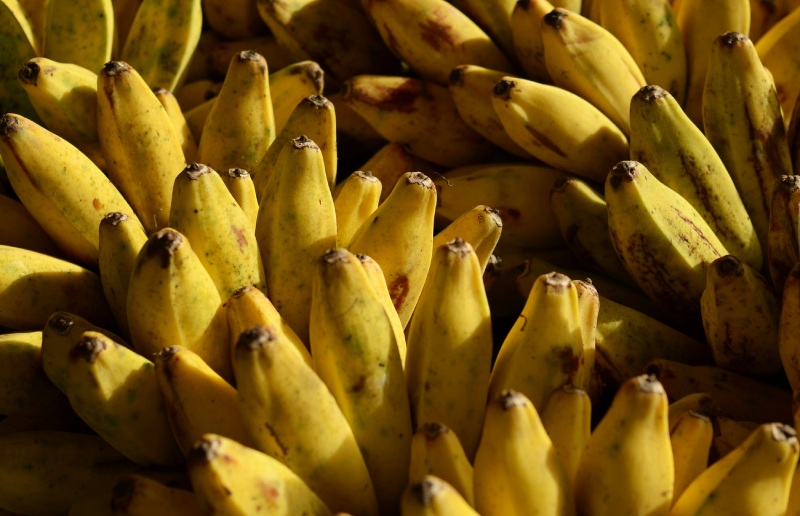
Nutritional Considerations
Before introducing bananas into your hamster’s diet, it’s important to understand their nutritional profile. Here’s a quick look at what bananas offer:
- Calories: 89 per 100 grams.
- Carbohydrates: 23 grams (mostly from sugar).
- Fiber: 2.6 grams.
- Vitamin C: 8% of the Daily Value (DV).
- Potassium: 358 mg (10% of the DV).
Due to their high sugar content, bananas should not be a staple in your hamster’s diet. Instead, they can be offered as an occasional treat alongside other fruits and vegetables that are lower in sugar.
Serving Sizes
When it comes to serving sizes, moderation is key to ensuring your hamster enjoys bananas without any adverse effects. A good rule of thumb is to offer a small piece of banana—roughly the size of a pea—once or twice a week. For more specific guidance, dwarf hamsters can be given a piece about 1/4 inch thick, while Syrian hamsters can handle a piece approximately 1/2 inch thick. By keeping these serving sizes small, you can let your hamster savor the sweet taste of banana while minimizing the risk of health issues associated with excessive sugar intake.
Can I Feed My Hamster a Banana
Before introducing bananas into your hamster’s diet, it’s important to consider their specific needs. Syrian hamsters, for example, are solitary creatures and have different dietary requirements than dwarf hamsters.
When introducing any new food, start with a small amount and monitor your hamster for any adverse reactions, such as diarrhea or an upset stomach. If you notice any negative symptoms, discontinue the treat and consult with a veterinarian.
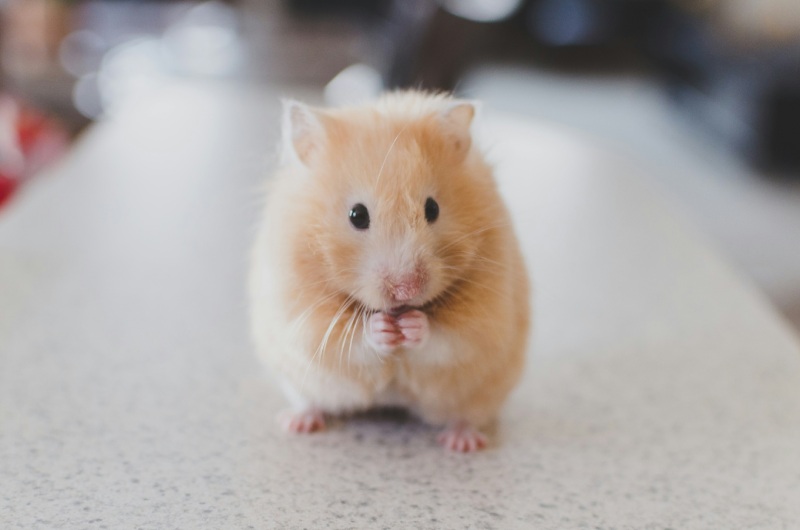
Can Hamsters Eat Banana Skin
While banana skin is non-toxic to hamsters, it’s not recommended as a food source. The skin is tough and can be difficult for hamsters to digest. It’s best to stick to the flesh of the banana, which is softer and easier to eat.
Signs of Overfeeding and Health Risks
Feeding bananas too frequently can lead to serious health risks, including obesity and diabetes in hamsters. Here are some signs that you may be overfeeding your hamster:
- Weight gain or obesity.
- Diarrhea or soft stools.
- Lethargy or decreased activity levels.
If you notice any of these symptoms, it’s essential to adjust your hamster’s diet and consult a veterinarian for advice.
Alternative Treats for Hamsters
To ensure your hamster maintains a balanced diet while enjoying a variety of flavors, it’s important to offer alternative treats alongside occasional fruits like bananas. Below is a table of some healthy options to consider:
| Treat | Benefits |
|---|---|
| Carrots | Rich in vitamins and low in sugar |
| Apples | Remove the seeds and feed in moderation |
| Cucumbers | Hydrating and low-calorie |
| Blueberries | Packed with antioxidants and safe in small amounts |
Incorporating these alternative treats into your hamster’s diet can enhance their nutritional intake while keeping sugar levels low. This diversity not only makes mealtime more enjoyable for your pet but also supports their overall health.
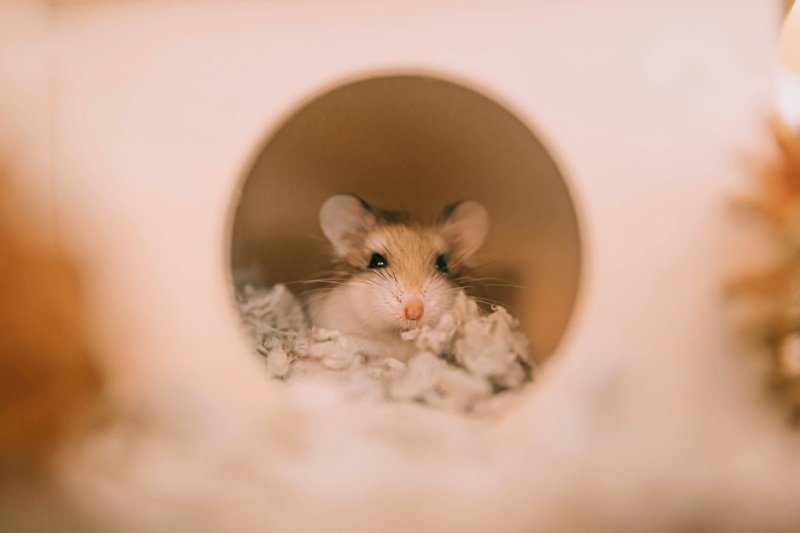
In summary, bananas can be a tasty and nutritious treat for hamsters when fed in moderation. Keep serving sizes small, avoid the skin, and always prioritize a balanced diet that includes a range of fruits and vegetables. By following these guidelines, you can safely share the joy of bananas with your beloved hamster without compromising their health.
